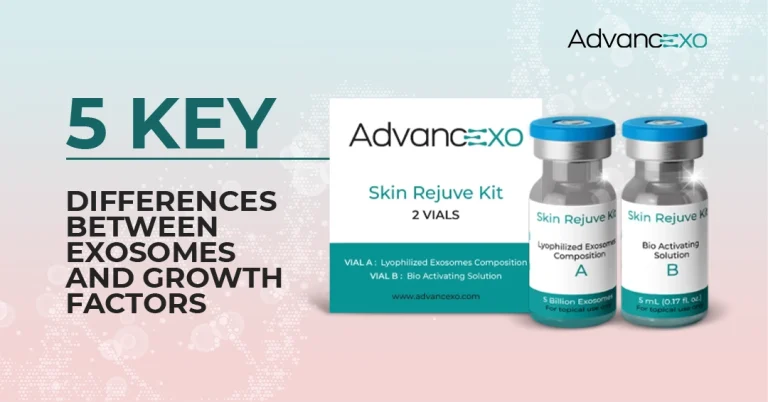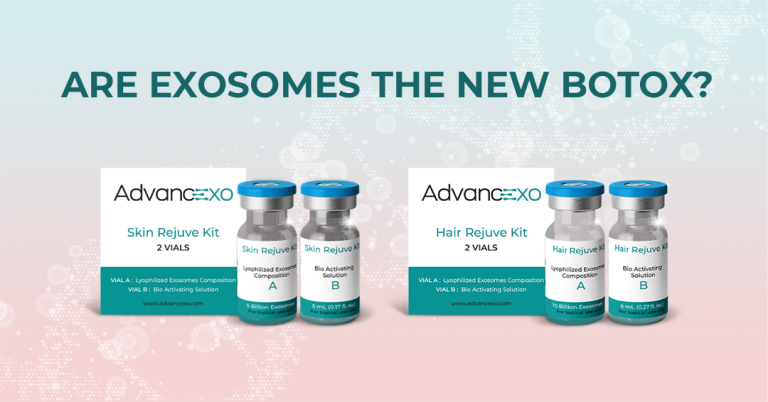A Deep Dive into Exosomes: The Future of Aesthetic Treatments
- Post published:May 14, 2025
- Post category:Exosome Types
Related Blogs

5 Key Differences Between Exosomes and Growth Factors
In the evolving field of dermatology, the quest for cutting-edge skincare solutions is always ongoing.…

Is exosome treatment becoming the new botox?
Dermatologists across the globe are rapidly incorporating exosome therapy into their practices to achieve unparalleled…